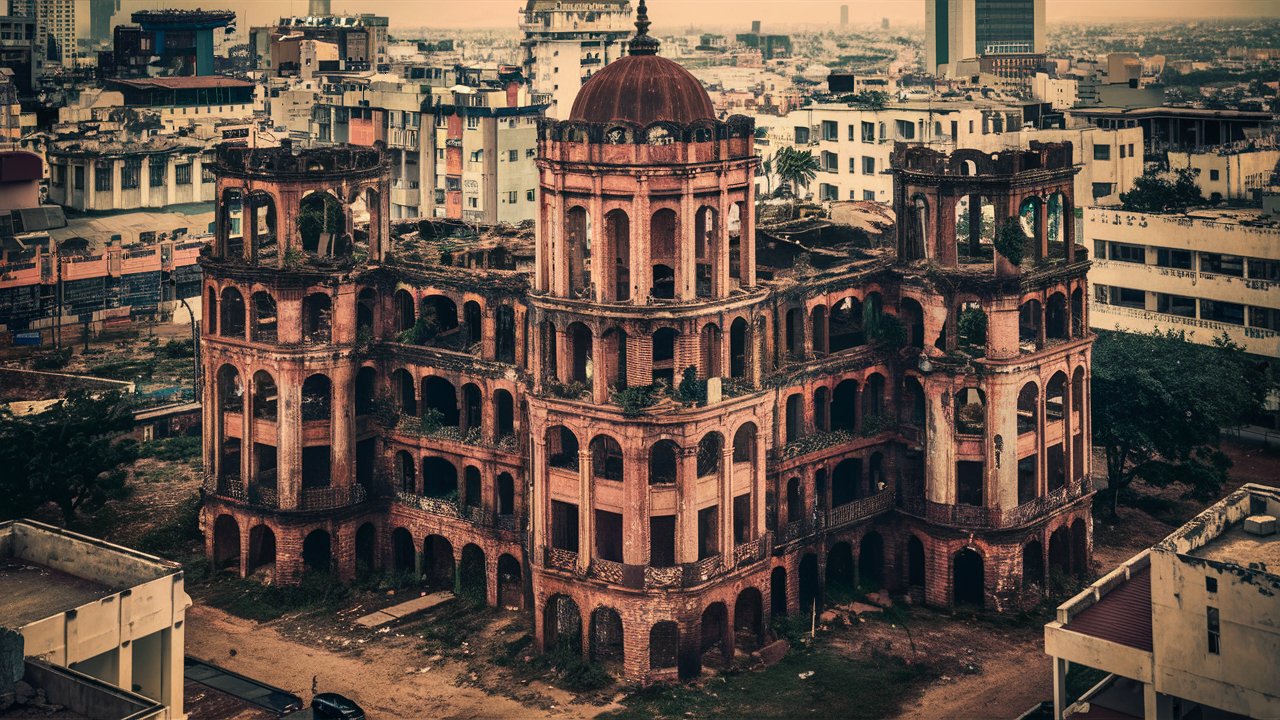1. Is colonial legacy impeding Pakistan’s progress? 2017

Is colonial legacy impeding Pakistan’s progress? 2017
Introduction
The colonial era in South Asia lasted for almost two centuries, during which the British East India Company established its rule in the region. Pakistan was one of the countries that were part of British India and was ruled by the British for almost 100 years. The colonial legacy left behind by the British has had a significant impact on Pakistan’s social, political, and economic development. This essay will explore whether the colonial legacy is impeding Pakistan’s progress.
Social Impact
One of the most significant social impacts of the colonial legacy is the creation of a class-based society. The British introduced a system of education that favored the elites and the wealthy, and as a result, the majority of the population was left without access to quality education. This led to a large gap between the rich and the poor, and this gap still exists today. The British also imposed their cultural norms and values on the local population, which led to a loss of cultural identity and a sense of inferiority among the locals.
The British also introduced a caste system that categorized people based on their race, religion, and occupation. This system led to discrimination and segregation, and it still exists today in the form of sectarianism and religious intolerance. The caste system also created a sense of division and mistrust among the various ethnic groups in Pakistan.
Political Impact
The British also left behind a political legacy that has had a lasting impact on Pakistan. The British introduced a system of governance that was centralized and authoritarian. This system was designed to serve the interests of the British, and the local population had little say in the decision-making process. This led to a lack of trust in the government, and it still exists today.
The British also divided the region into different administrative units based on ethnicity, language, and religion. This led to a sense of division and mistrust among the various ethnic groups in Pakistan. The political system in Pakistan is still plagued by these divisions, and it has made it difficult for the government to make decisions that benefit the entire population.
Economic Impact
The colonial legacy also had a significant impact on Pakistan’s economy. The British introduced a system of exploitation that focused on the extraction of raw materials and resources from the region. This led to the underdevelopment of the local economy and the dependence on foreign aid and loans. The British also introduced a system of land ownership that favored the wealthy, and as a result, the majority of the population was left without access to land and other resources.
The British also introduced a system of industrialization that focused on the production of raw materials for export. This led to a lack of diversification in the economy and a dependence on a few industries. The Pakistani economy is still dependent on a few industries, and this has made it vulnerable to external shocks and fluctuations in commodity prices.
Conclusion
In conclusion, the colonial legacy has had a significant impact on Pakistan’s social, political, and economic development. The legacy left behind by the British has created a class-based society, a centralized and authoritarian political system, and an underdeveloped and dependent economy. While the colonial legacy cannot be entirely blamed for Pakistan’s problems, it has certainly played a significant role in impeding Pakistan’s progress. It is important for Pakistan to recognize and address the issues created by the colonial legacy in order to move forward and achieve economic and social development.
visit: https://scholarshipresort.com/